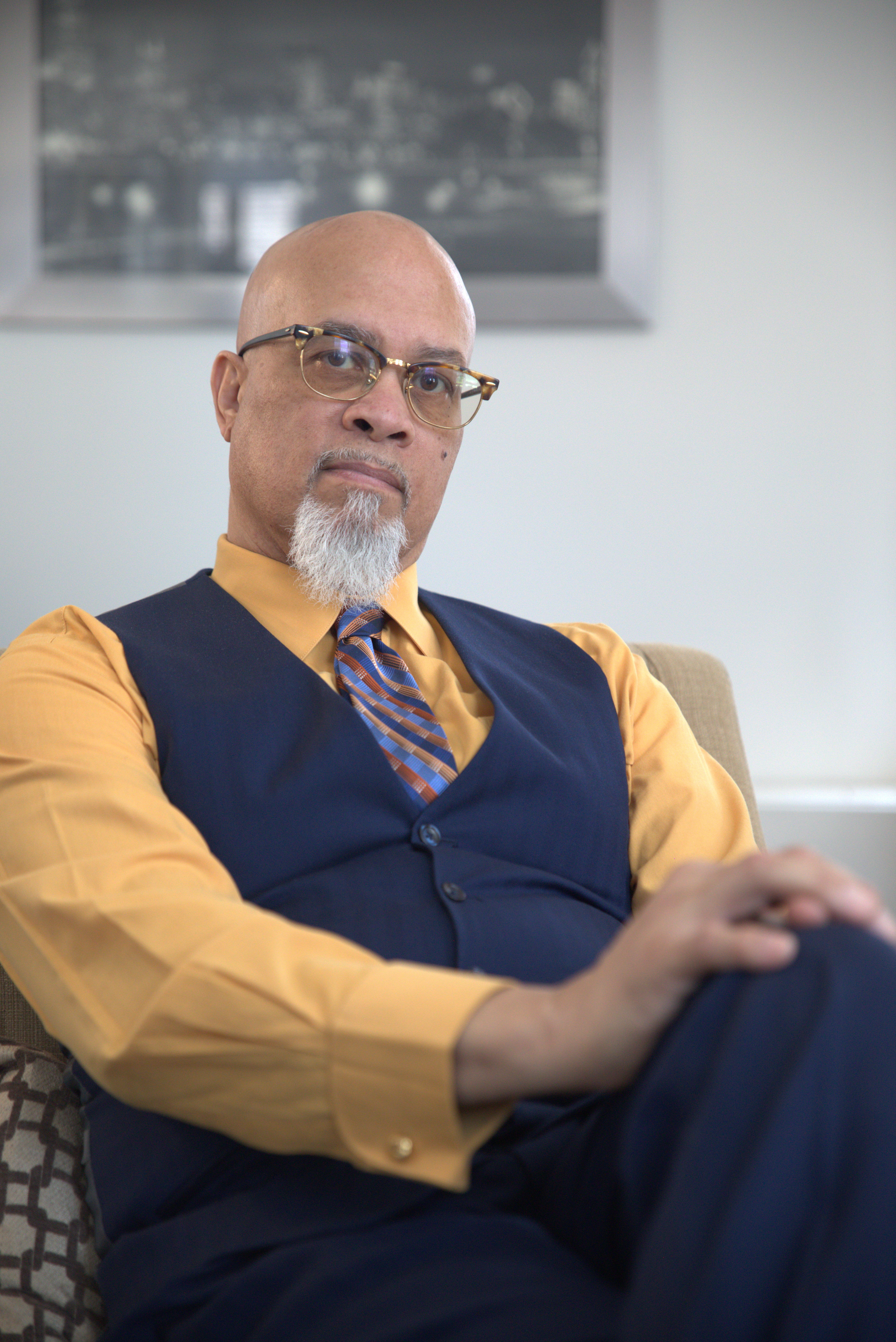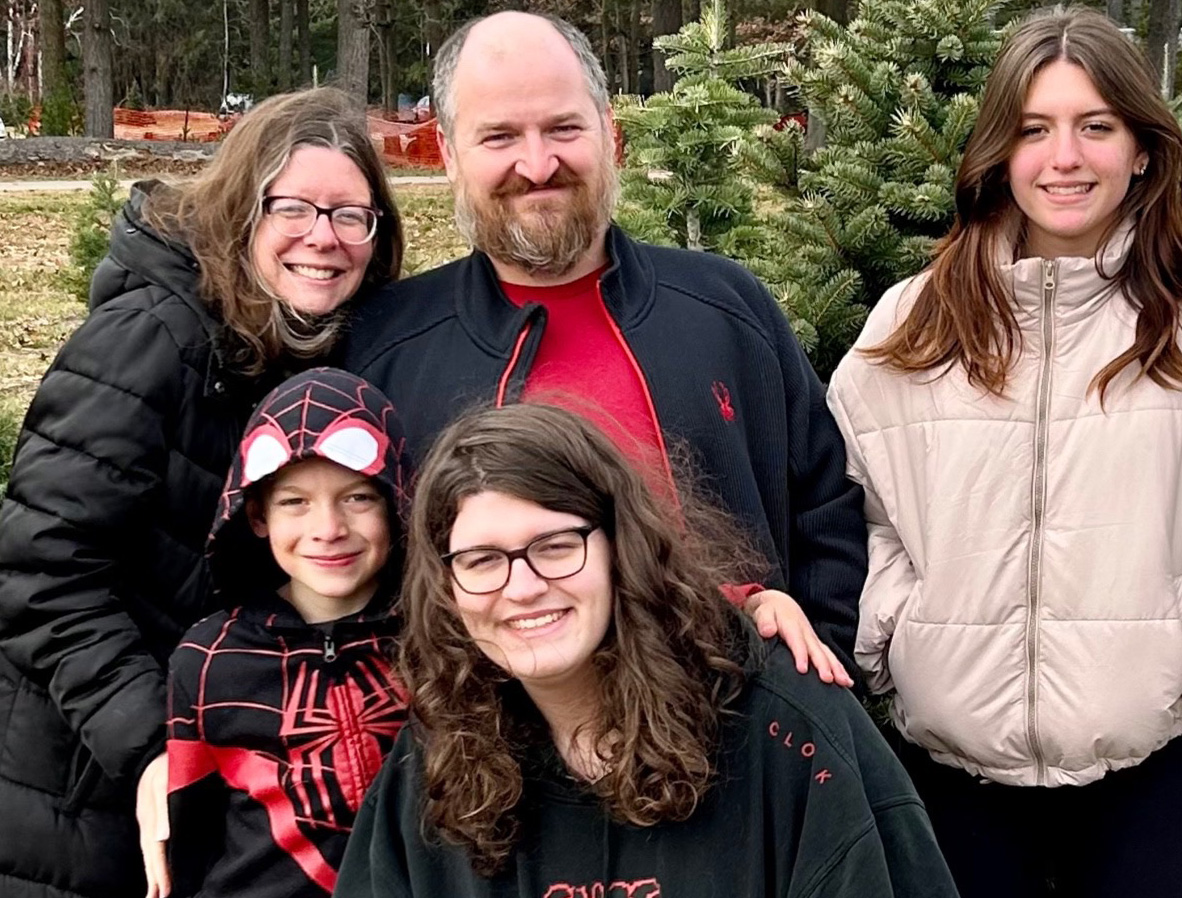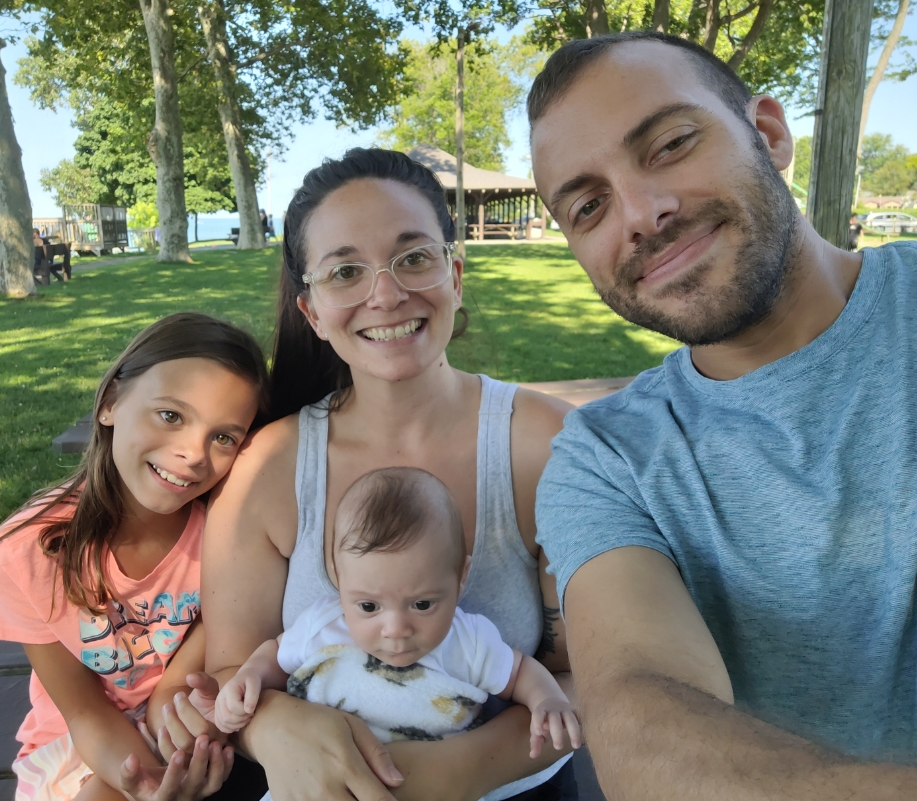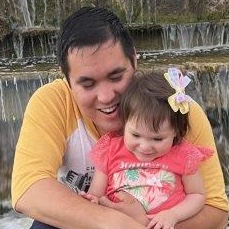John Cook has lived in Chicago all his life. He is 65 years old and transitioning into “semi-retirement.” He previously worked in sales and marketing and served as Deacon of a Catholic church for 17 years. Today, he’s a minister with no church affiliation but the same commitment to his community and faith. Public speaking is his passion, as well as publishing an autobiographical book about his family’s history. In his writing, John chronicles the events that led to a group of families, including his own, starting the first Black church in Gulfport, Mississippi. “It’s a wonderful story, a walk of faith and obedience. I’m the culmination of what they started.”
In 2012, John had open heart surgery. Since then, he has required monthly checkups and monitoring of his mechanical heart valve and blood levels. The debt erased by Undue Medical Debt was accrued a handful of years ago while he and his wife were separating. “I have been an entrepreneur for quite some time, so I was quite dependent on my wife’s insurance coverage”. After their separation, which John emphasized was amicable, he was uninsured for two years. His lack of coverage, unfortunately, created barriers to specialty care. “At least I was able to have my blood checked, which was very important in terms of my Warfarin levels.” Warfarin is a prescription medication that causes the blood to take longer to form a clot, therefore decreasing the formation of clots.
John described the emotional and financial impact of medical debt relief. The debt erased by Undue was previously on his credit report; post debt relief, it was removed and caused his score to increase. On the emotional impact of debt relief he shares, “Has it helped improve my quality of life? Not entirely, but it certainly contributes to me going toward that. Hope is everything…Once you have hope, you have a renewed sense of relief, which then triggers everything else. Probably a regular heartbeat. Good breathing.” Debt relief provided by Undue is not a cure-all for people’s financial hardship. However, as John so eloquently states, even the slightest relief can be leveraged into hope, which in turn can lead to better health and healing. He acknowledged that there are resources available for people like him (a senior with a restricted income), but what he appreciated most about Undue is that we provide this impactful intervention without burdening people with the task of seeking us out.





